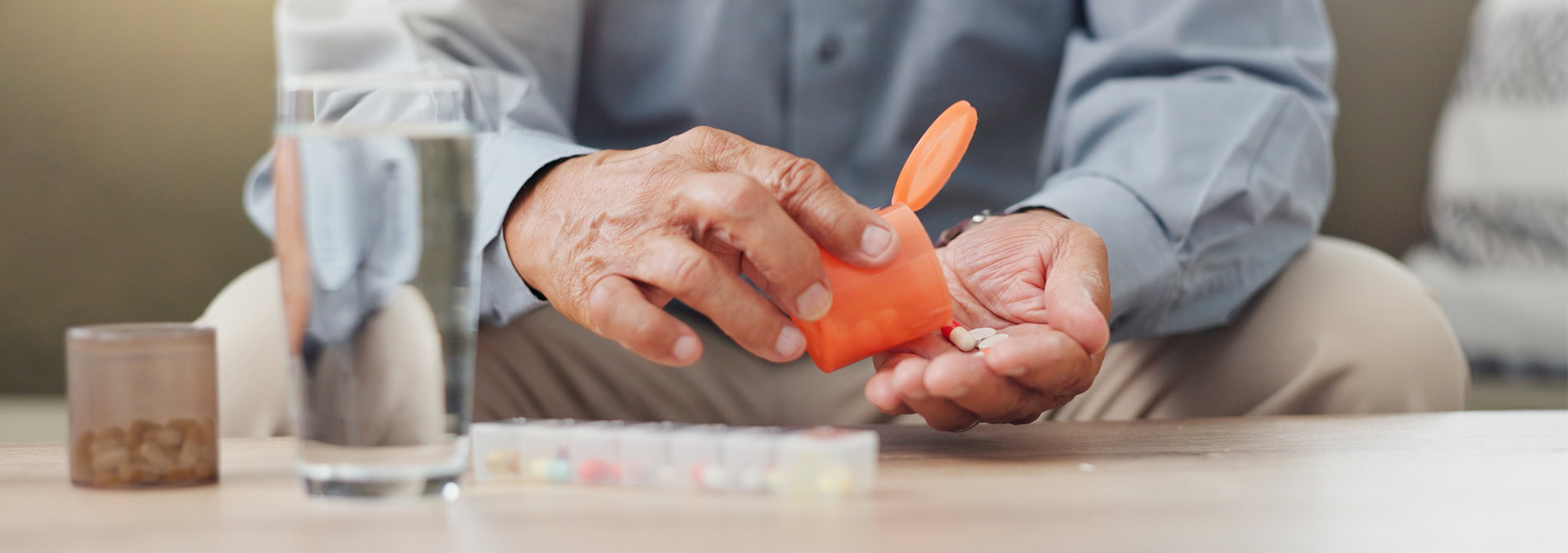It can be difficult to understand how depression and alcohol misuse are related, especially if you’re struggling with depression on your own. While every individual’s journey is unique, there may be certain factors that can lead to an increase in substance use among those dealing with depression. Let’s explore some of the signs of a possible link between these two conditions, including changes in attitude, increased frustration levels, and withdrawal from social activities and share some potential solutions for managing both issues together.
The relationship between depression and alcohol is a potentially harmful one. Drinking can worsen the symptoms of depression and make treating those symptoms much more difficult. Also, alcohol may interfere with the effectiveness of antidepressants medications, and in some cases even become life-threatening. Both routine drinking and a history of depression are considered factors for suicide and drinking while depressed increases your risk of suicide or some other form of self-harm. In Florida, dual diagnosis treatment for depression and alcohol misuse is available in the gender-specific programs and age-specific senior programs at Hanley Center.
If you or a loved one need help, call our admissions team today at 561-841-1033.Alcohol’s Impact on Depression
Depression can be a debilitating and isolating condition, leaving sufferers feeling lost and powerless. Unfortunately, alcohol is often seen as a way to cope with these feelings. While it may appear to provide temporary relief, the reality is that alcohol can actually make depression worse. After the initial relaxation from drinking wears off, you may begin drinking again to maintain lower stress levels and loss of inhibition. Regular drinking when depressed robs you of quality sleep. Alcohol also lowers the mood regulators serotonin and norepinephrine, potentially making a depressed person feel more depressed. When the effects of stress hormones are cut off by drinking, you may feel your depression symptoms become exaggerated.
Alcohol’s Interference with Medication
People who take antidepressants, such as SSRIS, SNRIs, and MAOIs, are prescribed them based on depression symptoms, potential side effects, other health conditions, interaction with other medications, and other factors. You should always be aware of potentially harmful drug interaction and avoid using other substances when taking an antidepressant. Drinking while on antidepressants may make you feel more depressed. It can lower the effectiveness of your medication, making it harder to treat depression symptoms. Thinking, coordination, and alertness can be affected. Mixing an antidepressant with alcohol can create drowsiness that impairs your ability to safely drive. A dangerous drug interaction may occur when drinking while taking MAOIs, such as Isocarboxazid (Marplan), Phenelzine (Nardil), Selegiline (Emsam), or Tranylcypromine (Parnate). These monoamine oxidase inhibitors can cause a dangerous spike in blood pressure if taken with alcohol.
Risks of Suicide
Drinking regularly while depressed can increase your risk of self-harm, suicidal thoughts, and suicide attempts. According to the Centers for Disease Control and Prevention (CDC), substance use and a history of depression are two individual risk factors for suicide. In addition, previous suicide attempts and a sense of hopelessness are common factors as well. Relationship factors related to depression include social isolation, a potential consequence of living with untreated mental health disorders. A suicide cluster within a person’s community and stigma associated with seeking help for depression can also contribute to a person’s overall risk. Even a person who does not drink daily and only uses alcohol in response to depression symptoms stemming from job loss, loss of a relationship, or a history of trauma can face the risk of suicide.
Get Help at Hanley Center
If depression and alcohol use are a routine part of your typical week or month, recovery is within reach here in Florida. At Hanley Center, dual diagnosis treatment is available to get you on the road to recovery from drinking and learn how to cope with your symptoms of depression without the use of substances. At our renowned treatment center, we offer gender-specific care for men and women and specialized care for seniors in supportive and compassionate environments. Our commitment to your recovery begins with a medically-supervised detox, crucial for safely moving through the symptoms of alcohol withdrawal, and lasts through the stage of continuing care options to help you remain in recovery behind an inpatient program. While here, you’ll learn healthier coping mechanisms and participate in individual and group activities designed to meet your mental health needs.
Hanley Center is a well-known care provider offering a range of treatment programs targeting the recovery from substance use, mental health issues, and beyond. Our primary mission is to provide a clear path to a life of healing and restoration. We offer renowned clinical care for mental illnesses and have the compassion and professional expertise to guide you toward lasting wellness. For information on our programs, call us today: 561-841-1033.




